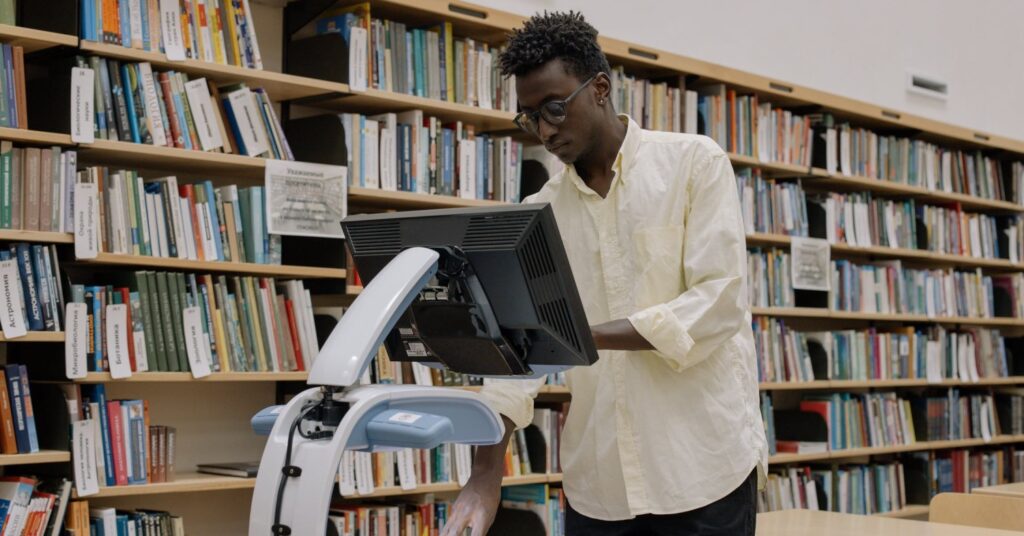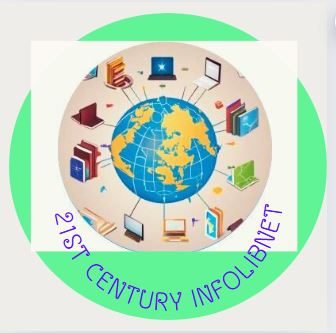
Library and Information Science (LIS) is a dynamic field that requires professionals to constantly adapt to new technologies and changing information needs. To scale your career in this field, it is essential to develop a diverse set of skills and stay updated with the latest trends. In this blog post, we will explore some key areas that can help you excel in your LIS career.
1. Embrace Technology [1]:
Technology plays a crucial role in modern libraries. As an LIS professional, it is important to have a strong foundation in technology. Some essential technology skills include:
- Familiarity with integrated library systems (ILS) software.
- Proficiency in Apple and Microsoft operating systems.
- Knowledge of instructional design products and literacy software.
- Understanding of intellectual/copyright management systems and integrated search tools.
2. Adapt to Change [1]:
Keeping pace with changes in technology, pedagogy, policy, and culture is vital for success in the LIS field. Develop skills in change management to support organizational culture and facilitate seamless transitions. Stay updated with emerging trends and be open to learning new technologies and approaches.
3. Foster Creativity and Innovation [1]:
To provide relevant and compelling library services, LIS professionals need to embrace creativity, innovation, and independent judgment. These skills are particularly important for effective outreach to communities and the development of youth services and education programs.
4. Develop Digital Literacy Skills [1]:
Digital literacy is a core focus for LIS professionals. It involves the ability to locate, evaluate, and communicate information through new technologies. Stay updated with digital libraries, digital writing techniques, and teach students to engage critically with digital information.
5. Master Digital Information Management [1]:
Managing digital information is a critical aspect of an LIS professional’s job. This includes records management, preservation of special collections, and cataloging and indexing large amounts of data. Develop skills in organizing and preserving digital resources effectively.
6. Cultivate Collaboration [1]:
Collaboration with diverse communities, libraries, schools, and nonprofits is essential for the success of libraries and the communities they serve. Building relationships can help identify gaps in services and provide support during crises.
7. Utilize Marketing and Social Media [1]:
In today’s digital age, it is important for LIS professionals to be savvy in marketing and social media. Utilize these tools to stay connected with young adults, reach underserved populations, and promote library events and services.
Learn more:

